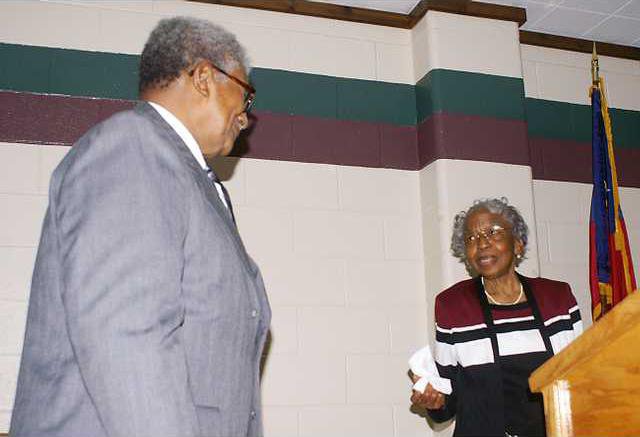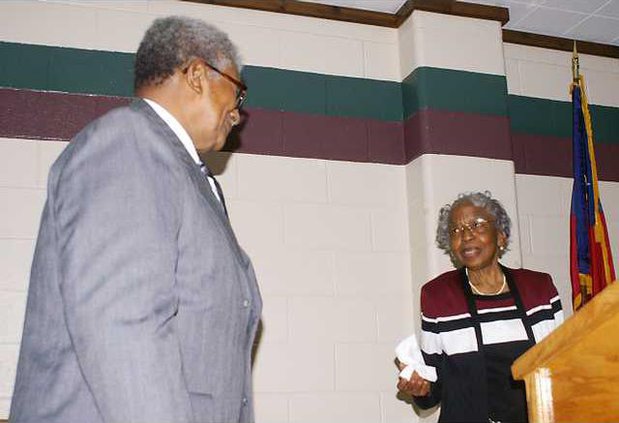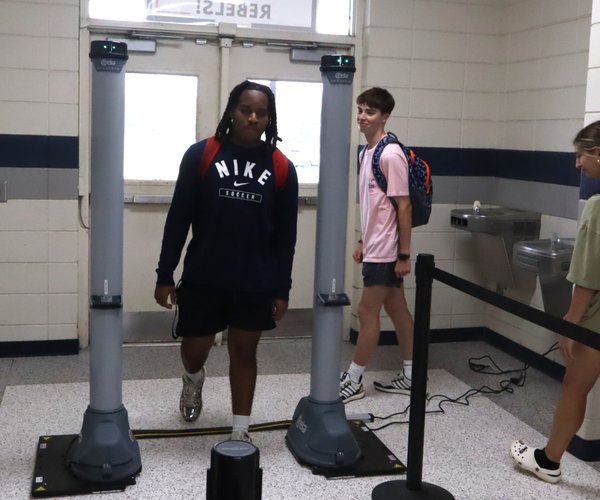The legacy of Dr. Martin Luther King Jr. is about people coming together, Norma Jean Morgan told a packed room at the county administrative complex Monday morning.
Morgan, the administrator of Effingham Hospital and the Effingham Care Center, told the audience at the annual Martin Luther King Jr. Observance Day breakfast that the slain civil rights leader fought for equality, justice, better housing, better education and better social situations for all people.
“But if you try to put that in one word or two, it’s about people coming together,” she said. “His vision went much farther than one color or one ethnic group. His vision was for all people.”
Morgan asked audience members what their vision for themselves and for Effingham County was.
“If you don’t have a vision, if you don’t have a goal, why do you get up?” she said.
Morgan also quoted Proverbs 29:18 — “without a vision, the people will perish.”
“We have an opportunity to be part of Dr. King’s vision,” she said, “to appreciate our differences and to work together to a oneness. Too often, we work to tear one another down rather than build one another up.”
Morgan also noted that while King was practitioner of nonviolent opposition and won the Nobel Prize for Peace in 1964, he was often the target of violence. King was shot and killed on April 4, 1968.
His name — Martin Luther — also ties him to the struggle for freedom for Effingham’s first citizens. King’s first name was changed from Michael on his birth certificate to Martin when he was 6 years old.
“Many Effingham County families trace their heritage to the German Salzburgers, because the Salzburgers came to America seeking religious freedom,” Morgan said, adding the Salzburgers followed the preachings of Martin Luther.
“Dr. King represented those who had not been treated justly because of their race.”
MLK Observance Committee Chairman Lon Harden also noted the continuing struggle for equality.
“Maybe one day we can write the song, ‘We Have Overcome,’” he said.








